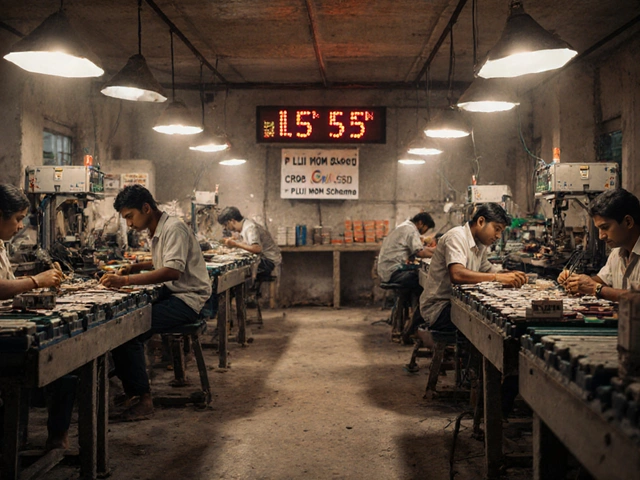Career in Food Science – What You Need to Know
Thinking about a career in food science? You’re not alone. More companies want experts who can keep food safe, tasty and sustainable. In this guide you’ll see which jobs are out there, what school you need, and how to land your first role.
Top Job Roles in Food Science
Food scientists wear many hats. Some work as product developers, turning ideas into real snacks, drinks or frozen meals. Others become quality assurance specialists, testing batches to make sure they meet safety standards. If you love data, a job as a food safety auditor lets you travel to factories and check labs. There are also research scientists who study new ingredients, and regulatory affairs managers who keep products compliant with government rules.
Salary varies by role and experience. Entry‑level product developers start around $55,000 a year, while senior quality managers can earn $100,000 or more. The food industry also offers steady growth – the Bureau of Labor Statistics projects a 7% increase in food science jobs over the next decade, faster than many other fields.
How to Get Started
First step: earn a bachelor’s degree in food science, nutrition, chemistry or a related field. Look for programs that include labs, internships or co‑ops – hands‑on work makes a big difference when you apply for jobs. If you already have a degree, a short certification in food safety (like HACCP) can boost your résumé.
Next, build a portfolio. Document any school projects, recipes you improved, or research you helped with. Even a simple spreadsheet showing how you reduced waste in a campus kitchen counts as proof of skill. When you start applying, tailor each cover letter to the specific role – mention the ingredient you love or a regulation you’re familiar with.
Networking is another shortcut. Join professional groups like the Institute of Food Technologists (IFT) or attend local food‑tech meetups. Many job openings are shared on their boards before they appear on generic sites. Don’t forget LinkedIn – a concise headline such as “Food Science Graduate Seeking Product Development Role” catches recruiters’ eyes.
Finally, keep learning. The food world changes fast with new plant‑based proteins, clean‑label trends and AI‑driven flavor prediction. Short online courses, webinars, or industry newsletters keep you current and show employers you’re proactive.
So, is a career in food science right for you? If you enjoy science, love tasty food and want a job that makes a real impact on everyday life, the answer is probably yes. Follow these steps, stay curious, and you’ll be on your way to a satisfying career that feeds the world.





